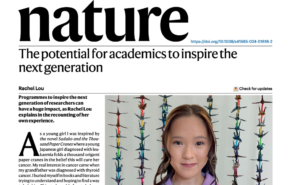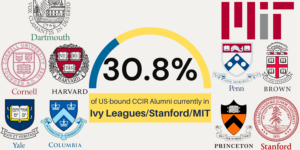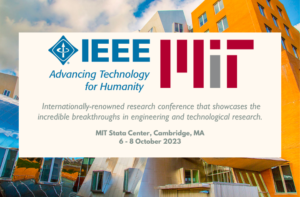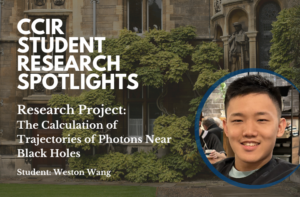In his research paper, “Minimizing Costs of Covid-19 Biomedical Waste Collection Using Mixed Integer Linear Programming Approach,” Rohan Kalluraya (DLRC Foundation, India) explored the so-called Multiple Traveling Salesman Problem (MTSP) using a Mixed Integer Linear Programming (MILP) approach. The Traveling Salesman Problem is an extensively studied optimization problem. The problem is as follows: You are a salesman who is looking to determine the most efficient route to travel through a set of cities. Given a set of cities and the associated travel costs between each pair of cities, the problem, then, is to determine the route that minimizes the total travel costs so that each city is visited exactly once. The Multiple Traveling Salesman Problem is a variation on this basic problem: given a group of salesman, who need to visit a set of cities in the most efficient way possible, what is the optimal travel route for these multiple salesmen?

(AG Diagnostics lab in Pune, India)
In his paper, Rohan exploits cutting-edge research in Mixed Integer Linear Programming as a way to approach the Multiple Traveling Salesman Problem to look at real-world problem: the problem of finding optimal routes for medical waste collectors so that each Covid-19 biomedical waste collector visits each centre once and transport costs are minimized. He was approached by a chain of pathology centres in Pune, India—AG Diagnostics, a NABL-accredited tertiary level reference laboratory—to implement his project for their use. Using the OpenStreetMapX package on Julia programming language, Rohan was able to find the distance and time taken on Pune roads of the fastest routes between each of AG’s 34 centres. By inputting this data in a mixed integer linear program, with constraints on the driving time of drivers and an objective to minimize costs of transport, Rohan’s program constructed 4 routes that traversed through each centre exactly once and returned to the main centre at the end of the day. These 4 new routes cut down costs from Rs. 1400 per day to Rs. 893 per day—leading to a 35% reduction in costs for the firm.
Beyond its current industry applications, Rohan’s research paper on the subject is currently also being considered for publication.
Rohan’s research paper “Minimizing Costs of Covid-19 Biomedical Waste Collection Using Mixed Integer Linear Programming Approach” is available for download here.




